2020 Wall Street Reading List
A collection of the Wall Street Reading List's best business books published in 2020.
3,790 views
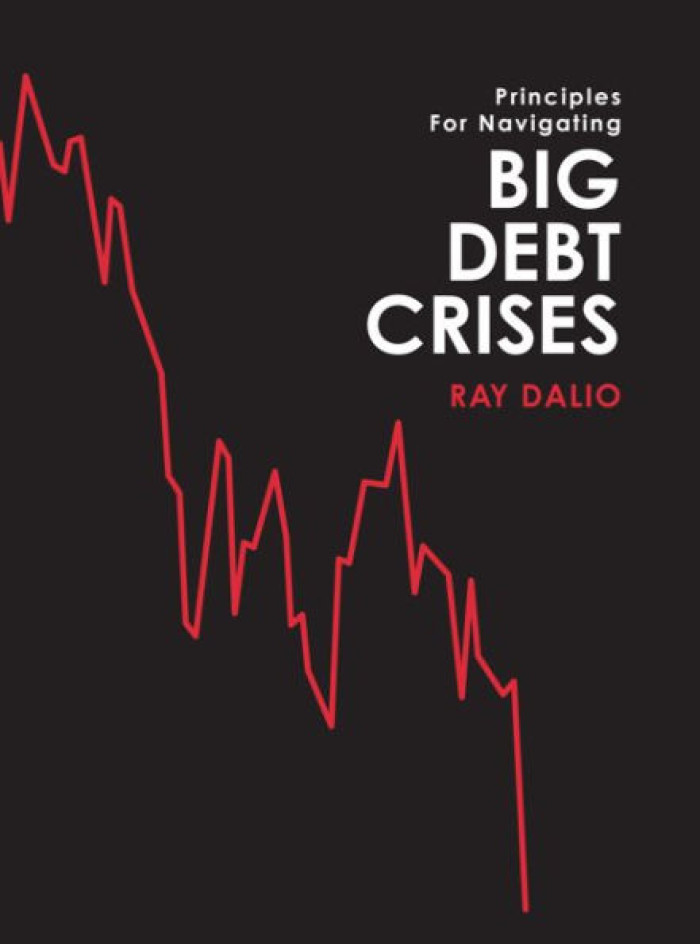
Big Debt Crises
Ray Dalio
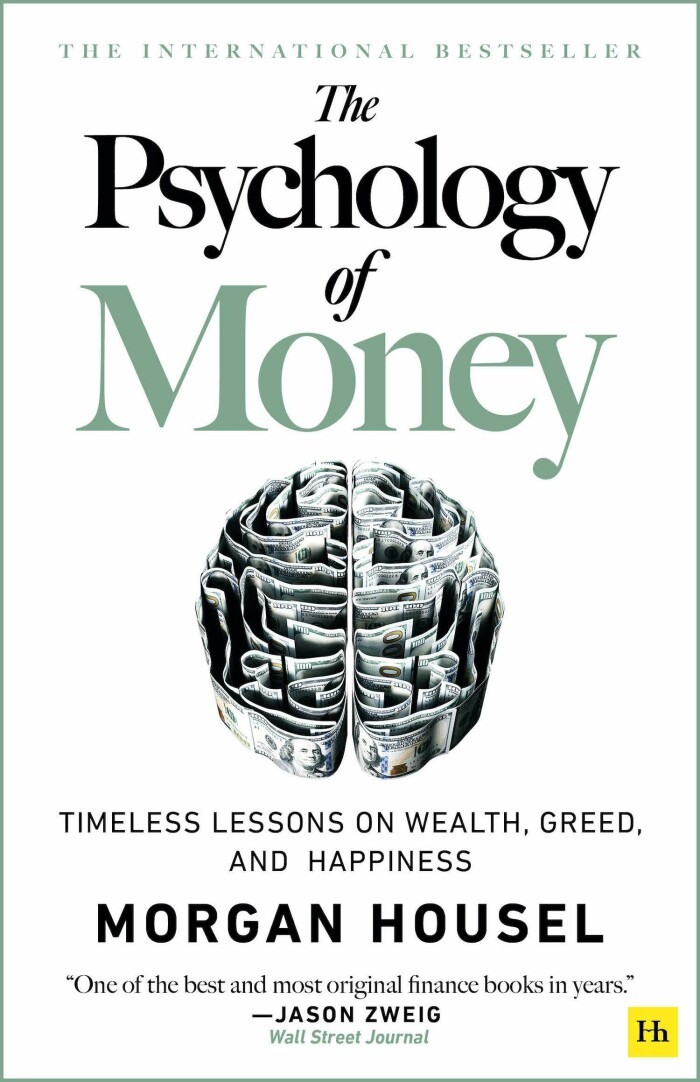
The Psychology of Money
Morgan Housel
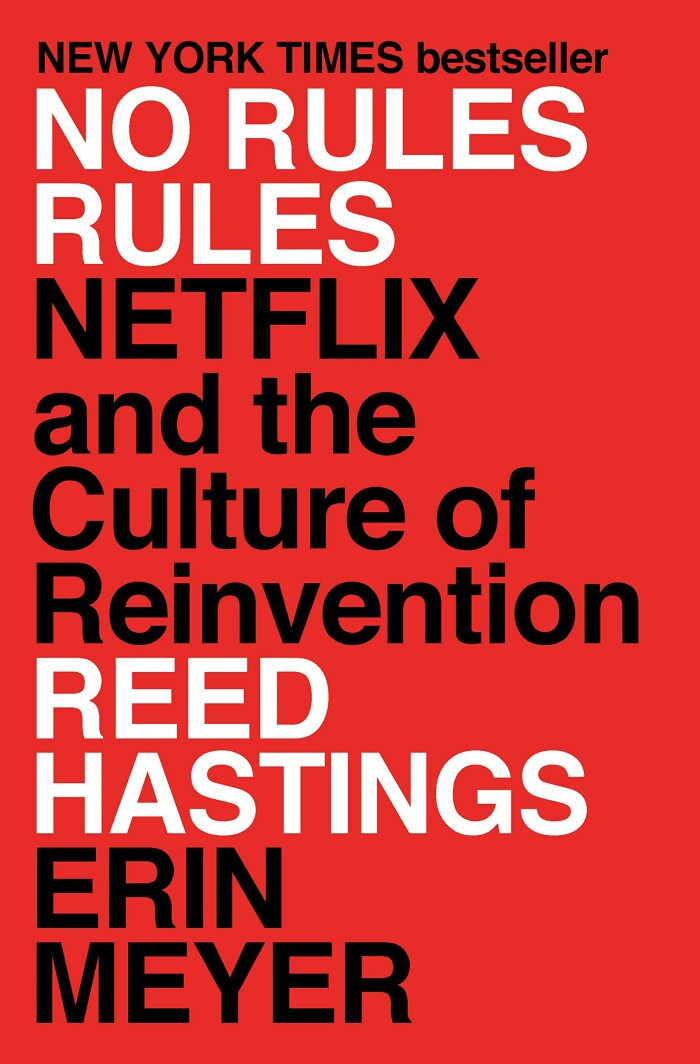
No Rules Rules
Reed Hastings
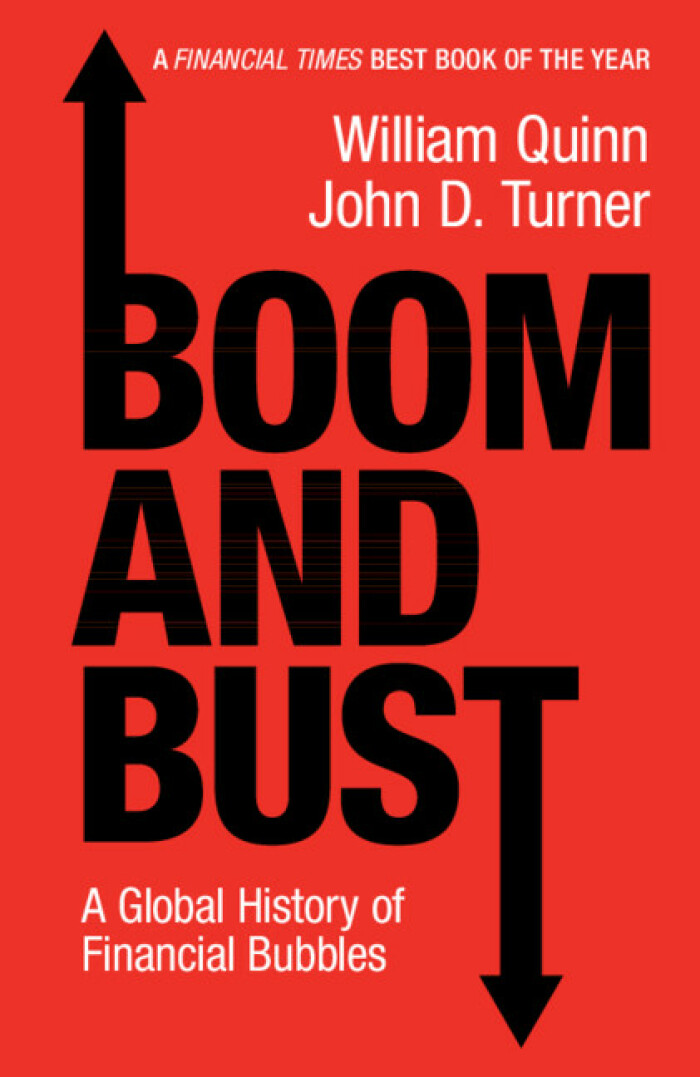
Boom and Bust
William Quinn
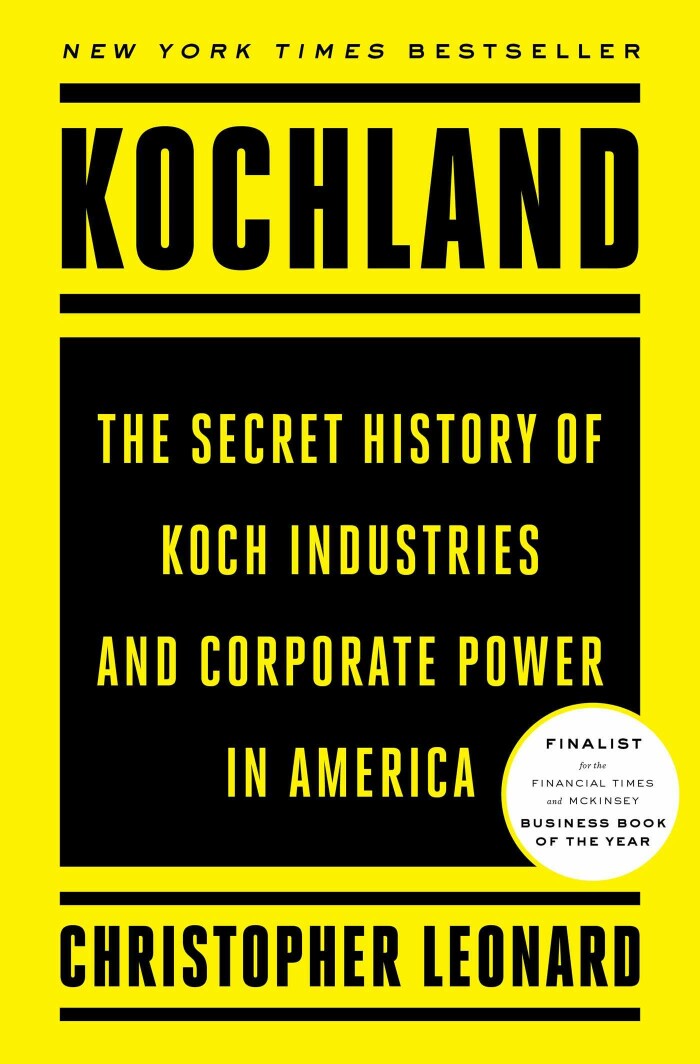
Kochland
Christopher Leonard
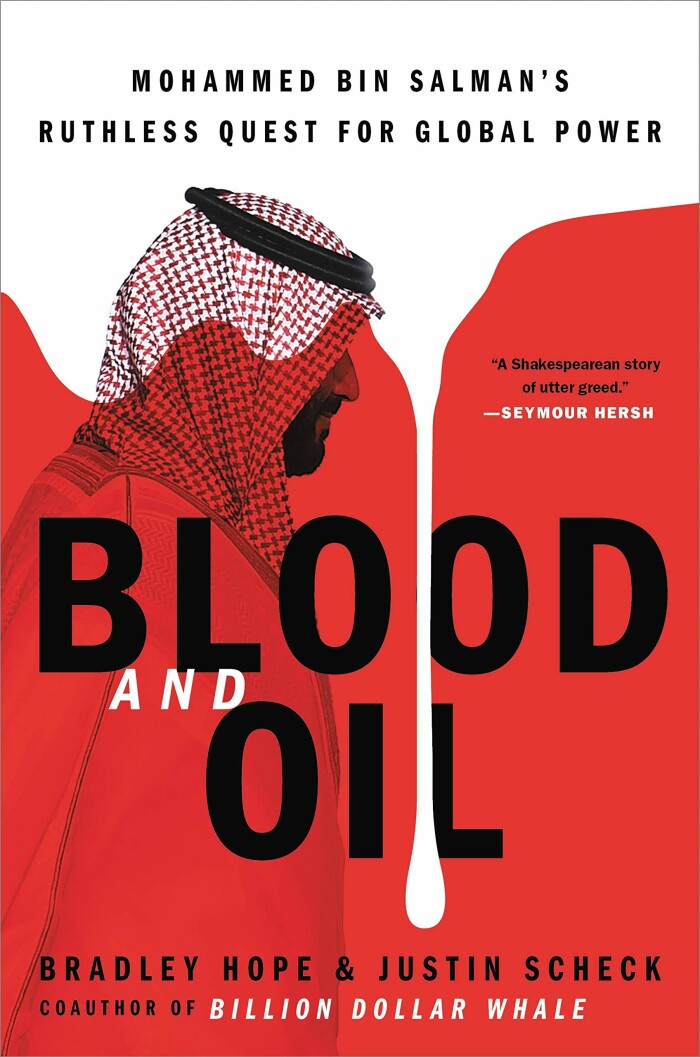
Blood and Oil
Bradley Hope

No Filter
Sarah Frier
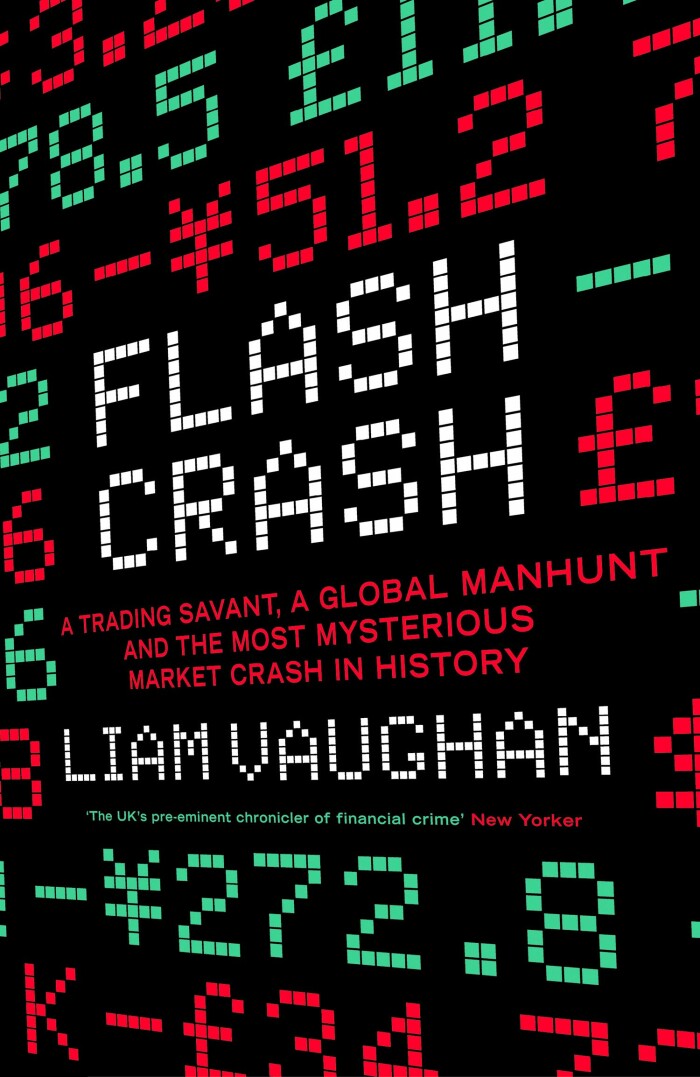
Flash Crash
Liam Vaughan
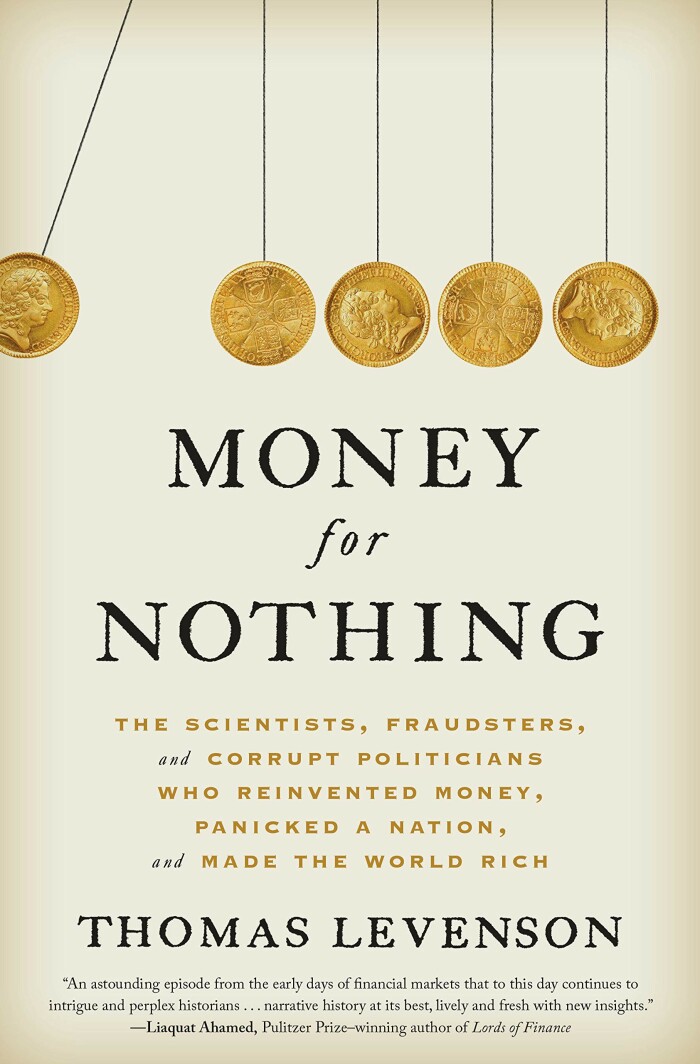
Money for Nothing
Thomas Levenson
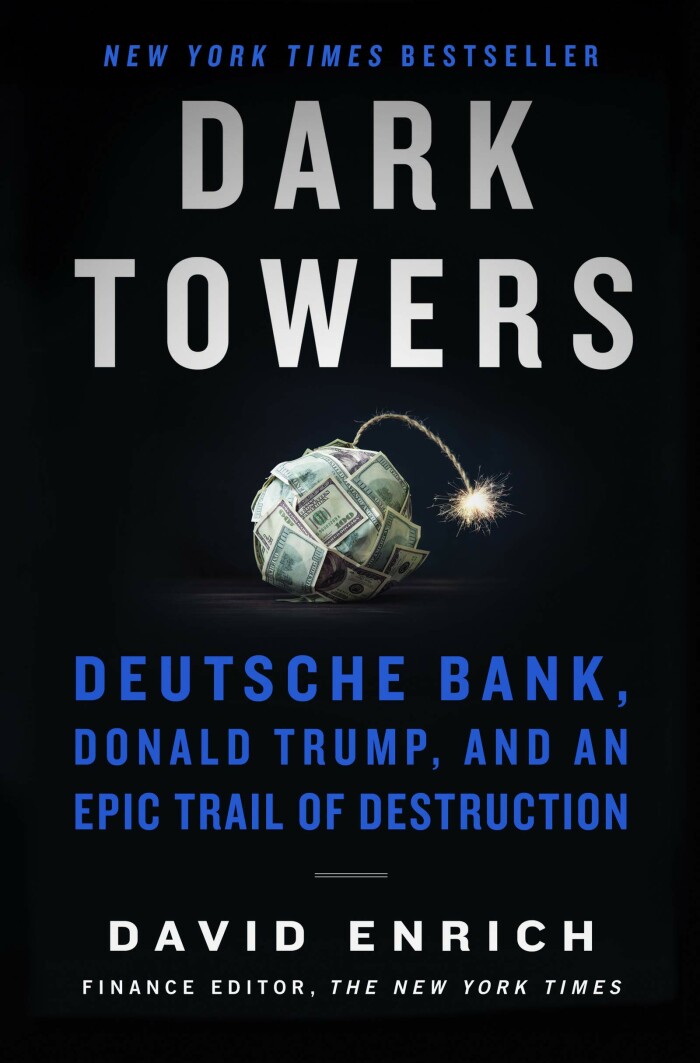
Dark Towers
David Enrich
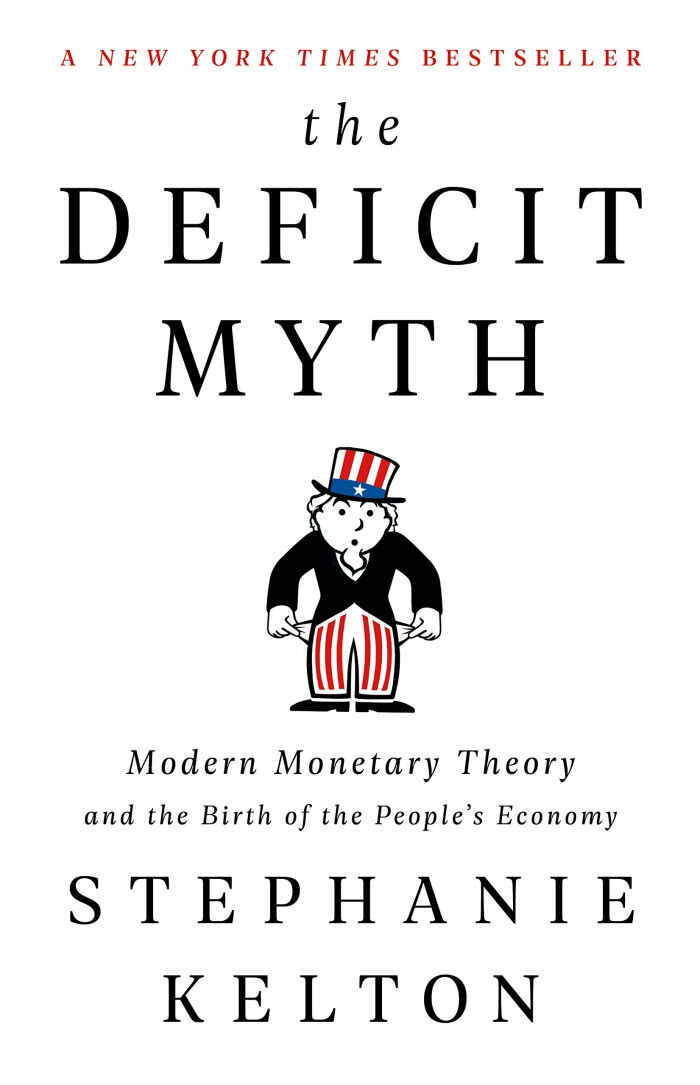
The Deficit Myth
Stephanie Kelton
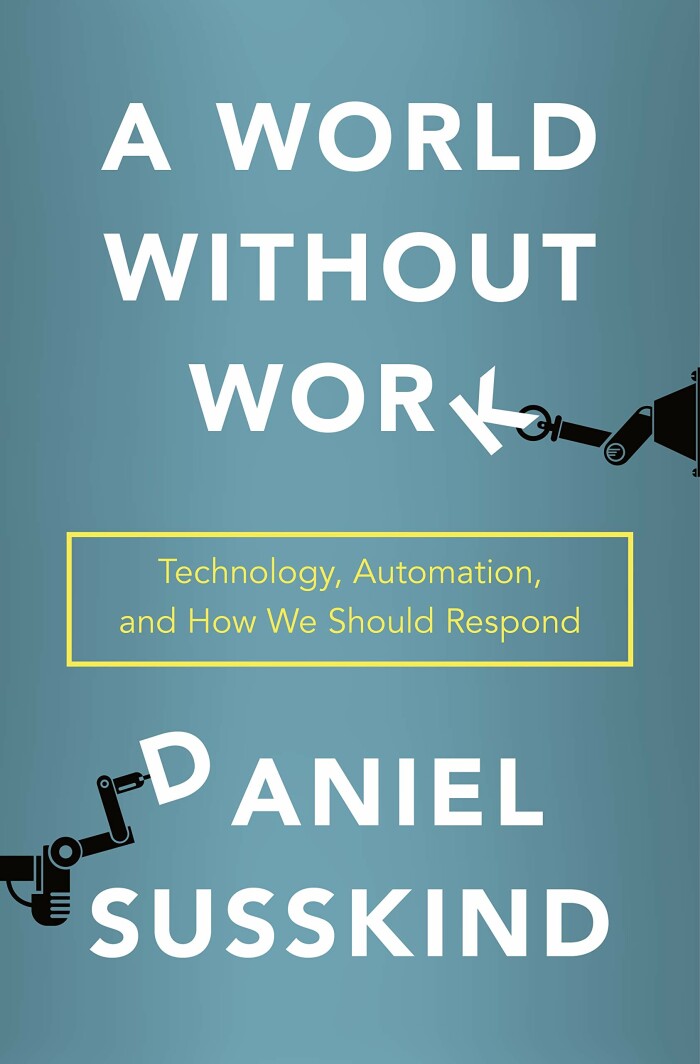
A World Without Work
Daniel Susskind
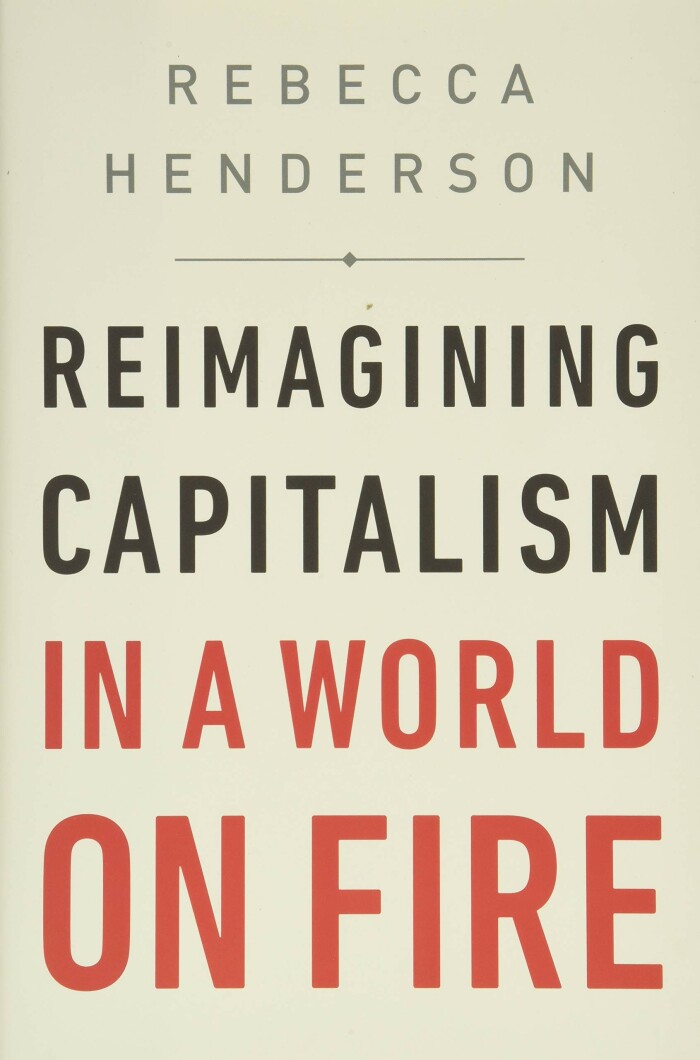
Reimagining Capitalism in a World on Fire
Rebecca Henderson
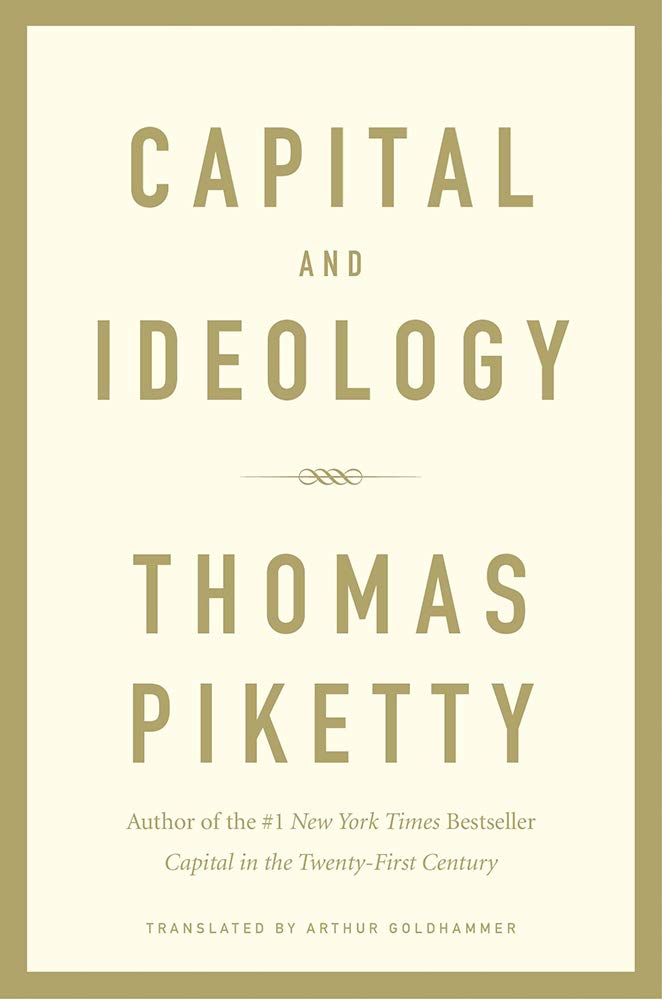
Capital and Ideology
Thomas Piketty
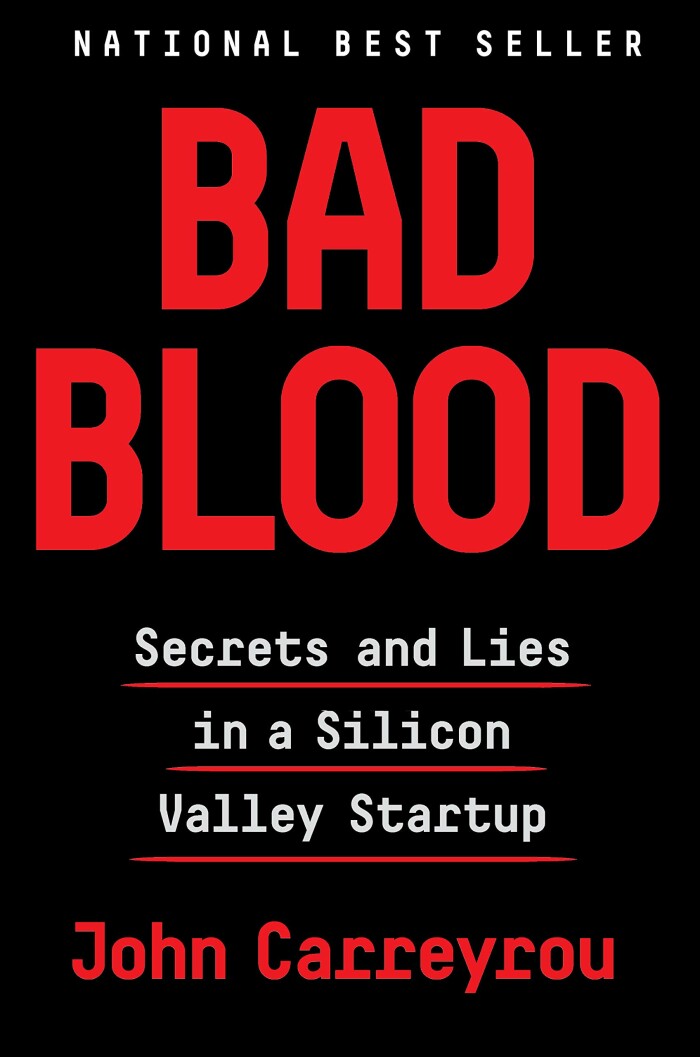
Bad Blood
John Carreyrou
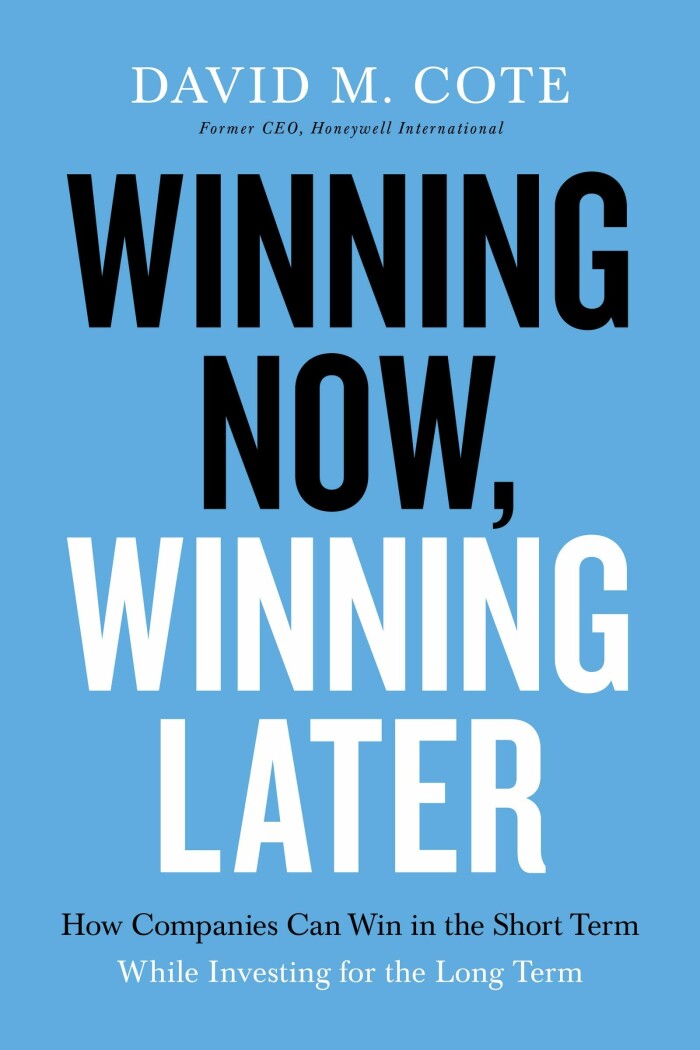
Winning Now, Winning Later
David M. Cote
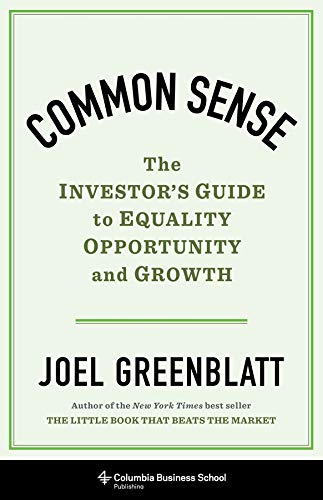
Common Sense
Joel Greenblatt
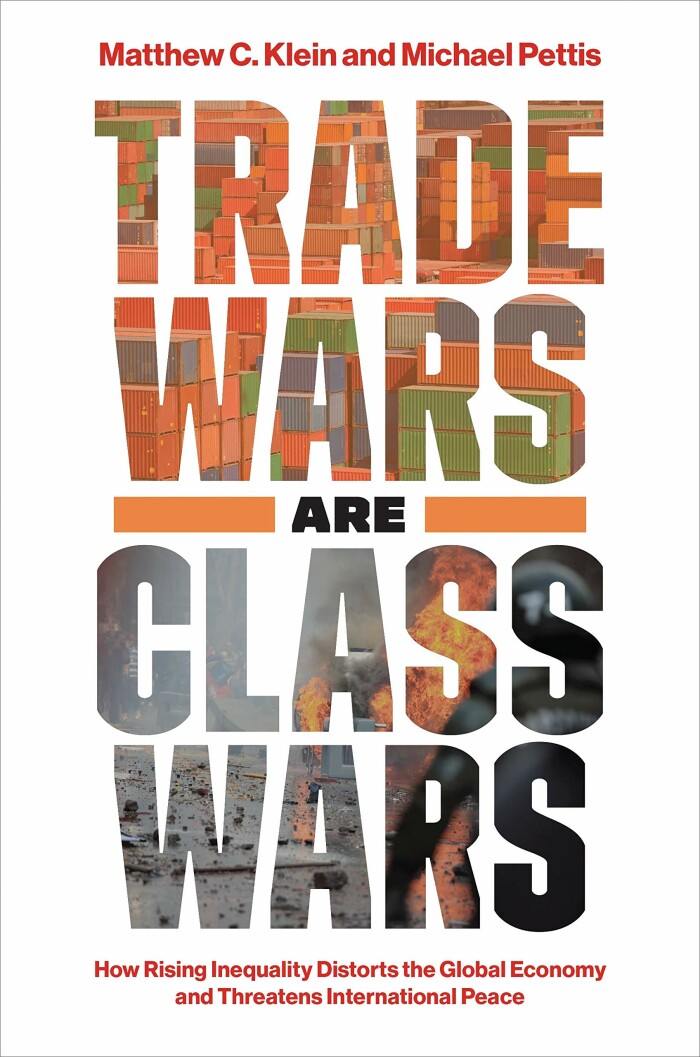
Trade Wars Are Class Wars
Matthew C. Klein
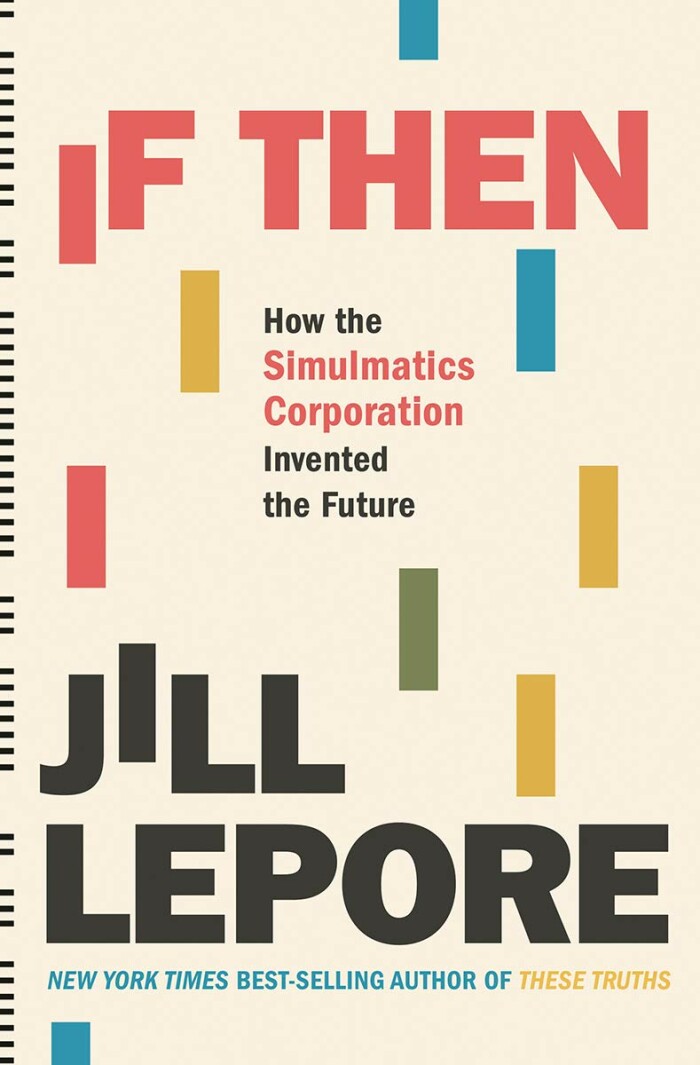
If Then
Jill Lepore
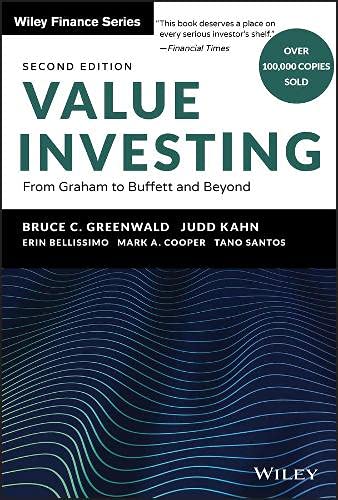
Value Investing
Bruce C. Greenwald
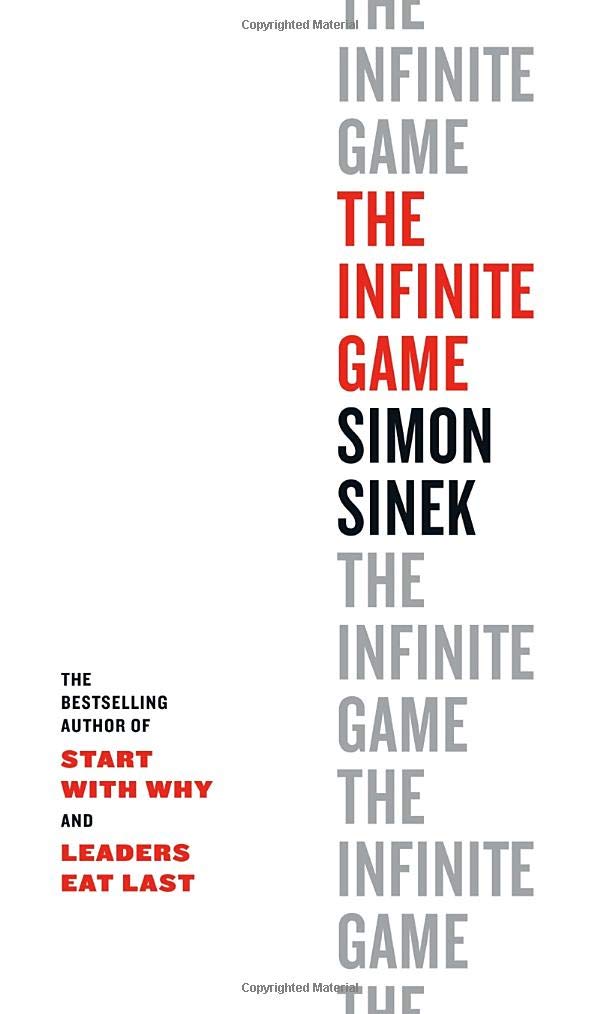
The Infinite Game
Simon Sinek
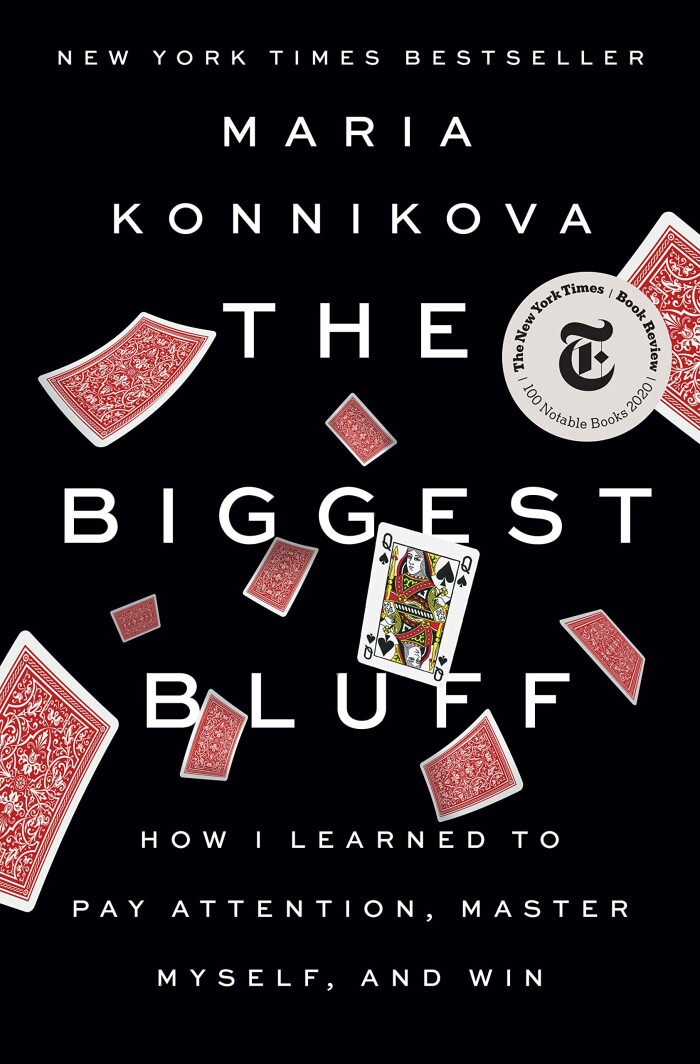
The Biggest Bluff
Maria Konnikova
